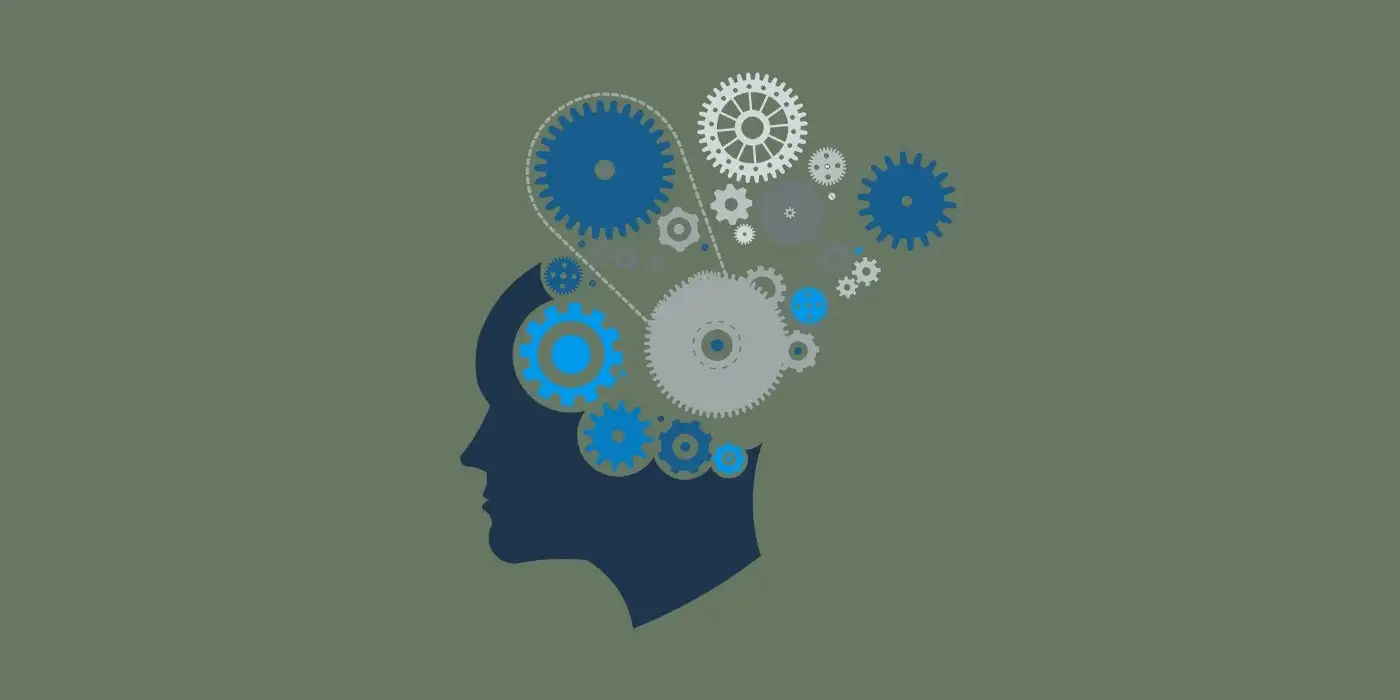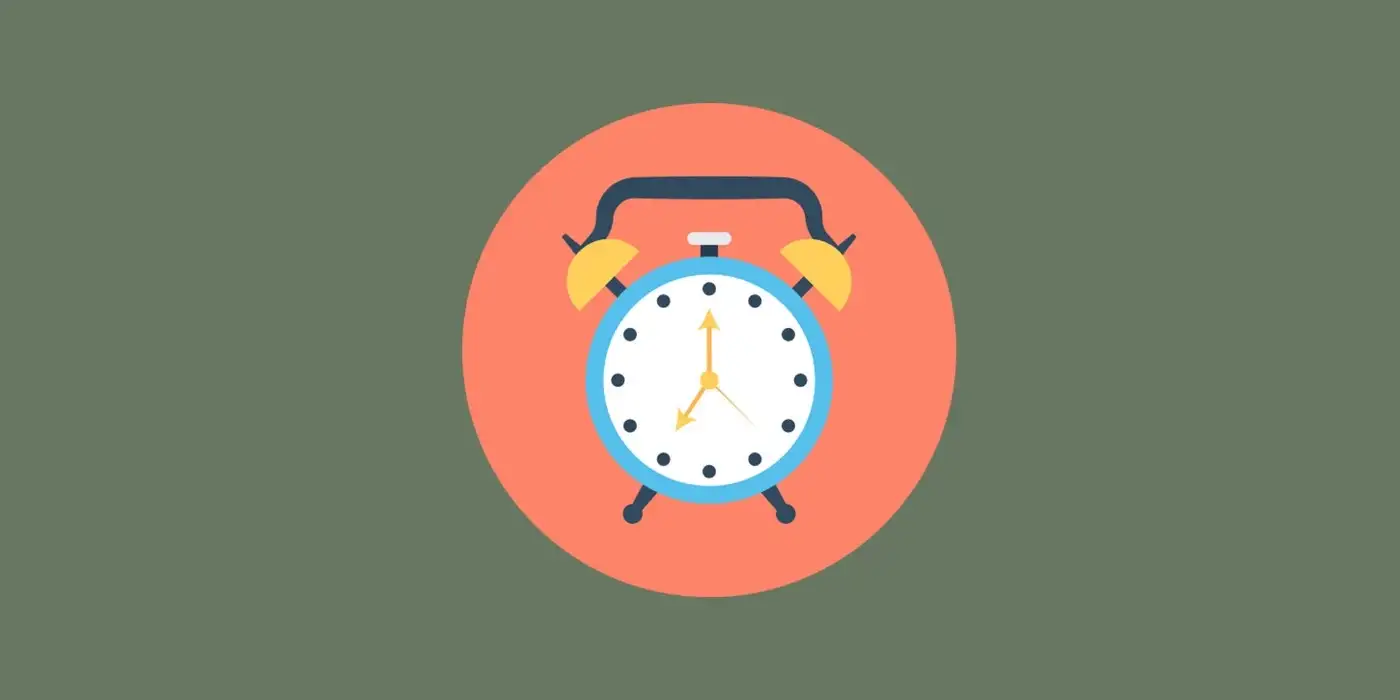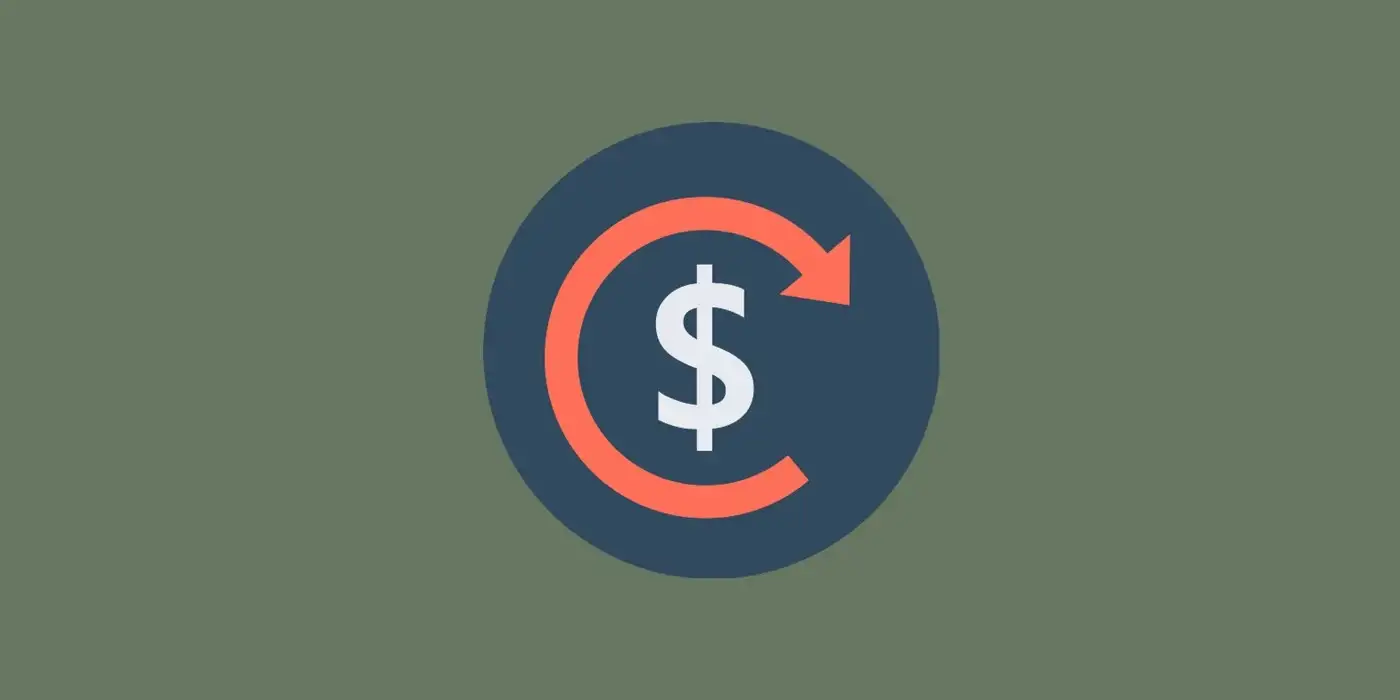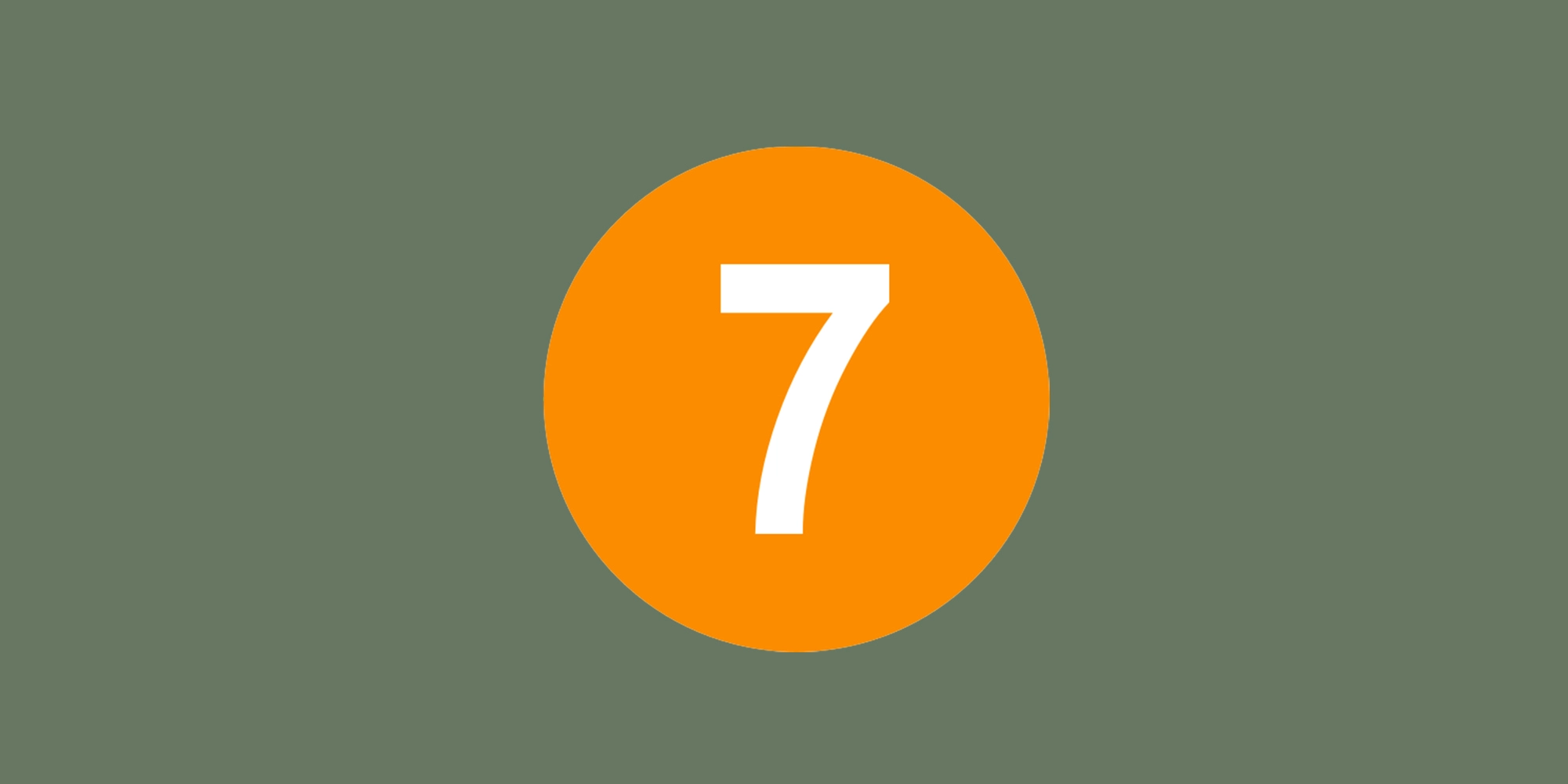
I recently read Ray Dalio’s book, Principles. Dalio is one of the most successful investors in history, and a person of remarkable breadth and vision. In this book, he outlines the principles that he built over a long and rich career, and that we can use to guide our life and work.
Out of all the concepts in the book, possibly the most important (and certainly the most widely applicable) is radical open-mindedness. Adopting it as a guiding principle in life is guaranteed to benefit you profoundly. But, before we dive into it, let’s take a step back.
The Biology of Arguments
Everything begins and ends with the human brain. Our ideas are born there, and others’ ideas are processed there. In the brain, every received idea is thoroughly analyzed and compared to our own ideas. Then, either one of the ideas is cast aside in favor of the other, or they are combined. In the end, we have an improved knowledge of the world and we share that with our conversational partner to validate our findings. This is a beautiful and logical learning process. Except for one minor problem: that’s not even close to what actually happens.
In reality, before any new information reaches the logical parts of your brain in the prefrontal cortex, it must be allowed in by your amygdala. The amygdala is a stubborn little animal that has no concern for logic or proportion. It is why you react emotionally in situations where it is in your best interest to act rationally. This is a simplification of the brain’s hypercomplex processes, but it is, in principle, correct.
This lower part of your brain perceives opposing opinions as challenges, whereas the correct way to perceive them is as opportunities to fix the mistakes we might have in our reasoning and thus improve our correctness going forward.
When you find yourself reacting with anger to opposing views, this is a good opportunity to test whether you’re using lower-level processing: try writing down your explanation for why you’re rejecting the new data and sticking to your previous opinion. Chances are, when you look back at this writing later on (in a less emotional state) you might see some cracks in your reasoning.
So, what does this all have to do with Ray Dalio?
The Psychology of Decisions
Investing in the stock market involves making important decisions daily. You can’t make a decision that will benefit you and your client until you’ve weighed all the variables. More generally: you can’t solve a problem until you diagnose it correctly.
When you start thinking in terms of the higher- and lower-level brain functions, you will start to notice their interplay in yourself and others. You start to see the wrong decisions being made because the lower-level brain is given free rein. This is not an optimal state of affairs. We want to make as many decisions as possible as well as possible in order to further our lives and careers.
“To be effective you must not let your need to be right be more important than your need to find out what’s true.“
— Ray Dalio
Radical open-mindedness is the ability to analyze different points of view without letting your ego stand in the way, in order to optimize decision-making.
This is quite difficult, as is everything that involves fighting against a part of our very being. I would say that full open-mindedness is close to unattainable. However, it is certainly possible to improve our open-mindedness by deliberately following certain rules.
Rule 1: Recognize that the way you deal with not knowing is more important than what you know.
Most bad decisions are a result of poor input. Thinking that we understand all the alternatives leads us to be arrogant about our output, and dismissive towards others. We know that A + B = X and we are livid when another person insists that Y is the correct answer. The problem we neglect is that another person doesn’t see A and B as input — they see A, C, and D instead. How could they possibly arrive at the same result?
We need to practice genuine curiosity about the process that led others to their different opinions. This takes effort — the path most pleasing to the ego is to assume that other people are just not as intelligent as us (or that they are just plain evil). This is most apparent in politics.
Dealing well with what we don’t know is far more important than what we know. Our knowledge builds up over time and our opinions change — it is the rate of this change that determines our long-term prospects, not the snapshot of our knowledge at any given moment.
Rule 2: Recognize that decision making is a two-step process.
Most people are reluctant to adopt information that is in conflict with the conclusions that they have already drawn. If somebody’s opinion seems outrageous, it is especially easy to dismiss it.
If instead, we examine how they arrived at their opinion, we risk having our foundation shifted. This is fertile ground for emotions to run wild, but we can help our higher-level selves triumph by always following a 2-step process when making a decision:
Step 1: take in all the relevant information.
Step 2: decide.
Making a decision before we gather all the information is sub-optimal and naturally leads to a higher probability of grave errors.
Rule 3: Recognize that you can’t put out without taking in.
Most people want to be heard, rather than to listen, most of the time. In other words, your ego wants you to put out more than you take in. This is a mistake. How can you teach others without allowing yourself to be taught?
Ray Dalio wrote this book at age 67. The principles within were formulated and refined over 50 years of work. The reason he was able to create something so awe-inspiring is that he took in and processed so much over the course of his life. Anyone can write a book, but if you want to put out something valuable, you better be ready to take in a lot first.
The same applies even to this article that I’m writing — to create this, I’ve had to first read a 500-page book, then spend some time applying its principles to make sure they are sound.
Creativity is great, but it is worthless if you have nothing to express.
Rule 4: Look for the best answer, not the best answer you can come up with on your own.
It is tempting, especially in some professions, to try to find the answer in our own head. I’ve been guilty of this many times as a software developer — solving a problem feels a lot better than implementing a ready-made solution. But, is it optimal?
Most of the time, no. Even if you are at the top of your field, it pays to first check for existing solutions to a problem. Then, once you see to what extent they fit your needs, you can consider modifying them or coming up with a better solution.
If you turn this process around, the ego comes into play: once you’ve spent time and effort on a solution, it is difficult to accept that somebody else’s solution is better and discard your own work.
Rule 5: Discern between arguing and learning.
In any conversation, you can have three roles: peer, student, or teacher. Your role depends on your relative knowledge compared to the person you’re speaking to.
If the conversation starts to feel like an argument, take a step back, and consider what your proper role is. Evaluate your level of expertise compared to the other person as objectively as possible and, if you find that you should be the student, internalize that and make it your goal to learn as much as possible from the interaction.
Asking probing questions is always welcome, but arguments are only acceptable among peers.
Personal Takeaways
I have been trying to abide by these rules for a month. In my experiment, I have applied the above to politics, work, my personal life, and even traffic. My finding, put simply, is that it is difficult, but that just thinking about things from this perspective has already helped me progress in several ways.
- I have reconciled my political views with some knowledgeable people with whom I was in disagreement previously. After I managed to understand what their thought process was, I was able to compare it to mine and admit I couldn’t reasonably defend my position on some accounts. On others, we found that our opinions aren’t very far apart at all once we break them down to the basics.
- I have saved at least 5 hours of work this month by defaulting to reliable 3rd-party solutions rather than building my own. While I emotionally still feel that this takes something away from my ownership of the project, I know that the outcome is realistically better.
- The lack of what Dalio calls the art of thoughtful disagreement starts to become apparent everywhere once you start thinking in these terms. This is especially true in family and friendships, where people are more emotionally invested. Asking questions instead of making statements helps a lot in this regard. If you’re wrong, it helps you understand why. If you’re right, it helps you explain it to your friend based on their own worldview.
In essence, you must approach every discussion as a truth-seeking algorithm rather than as an argument that somebody will win and somebody will lose. If you can get the other person on board with this approach beforehand, all the better. If not, try explaining your approach to them after you’ve solved a problem together, or resolved a difference. If your friend values the truth, you will have helped them improve their ability to seek it.
Don't miss the next blog post!
I publish a new blog post every Wednesday. Join the newsletter to get:
- One valuable email a week.
- Zero spam.
- Exclusive content not found in the blog.
- Reply directly to me with questions or feedback.
Use the form at the bottom of this pageon the right to join the newsletter.


